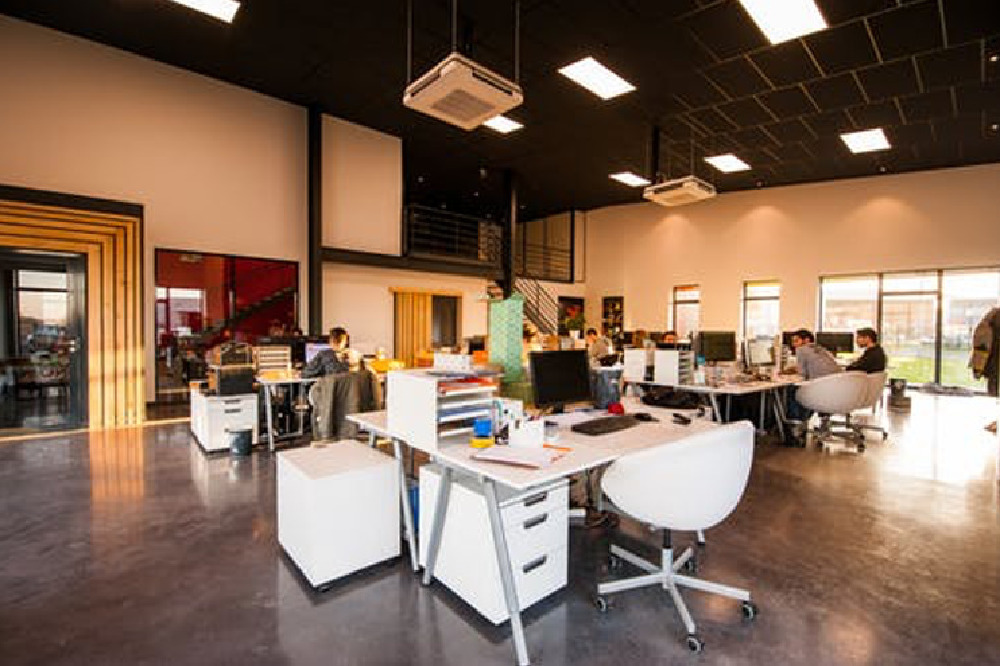Remote working; some people love it and some people hate it, but over the next few months, most of us who’ve been working from home will start filtering back to our offices.

Returning to work after lockdown
A recent campaign has shown that Google searches for work-related stress terms such as ‘signs of work-related stress’ have actually gone down 78%, showing that for most people, remote working could be key to improved mental health.
However, many people across the world will still be suffering from anxiety when they think about going back to work. Whether this is because it’s out of their new routine, they’re not comfortable with more social interaction or they’re just worried about the cleanliness of the office, there are plenty of reasons that someone may be thinking the worst.
Here are a few tips on how you can ease your anxious thoughts prior to returning back to work:
- Speak to your employer
Speak to your employer about how you’re feeling and express what’s making you anxious. If they know what the problem is, then they might be able to help.
A quarter of millennials are nervous about driving again after lockdown which of course, could be many employees’ way of commuting. If this is a reason behind your anxiety, then tell them this and they might be able to come to some sort of agreement, such as organising a car share, so long as everyone is healthy.
Your employer should have a new normal in terms of what they’re going to be doing once they’re open again. This includes social distancing signs, more hand sanitisers and regular cleaning. Once you know that your employers are on it, you’ll feel a little bit more comfortable about going in.
2. Self-care
It was bound to get mentioned, but it’s one of the things that works the best. Take as much time as you can to yourself prior to going into work. Whether this be an hour of walking a day, a puzzle, a face mask or something else, it will help you feel better.
“It’s important that you take annual leave this summer, even if you aren’t necessarily going on holiday. We keep reminding employees the importance of having a day every now and then to themselves, where work isn’t on their mind and they can get out and enjoy their own company” says Gemma Banks, HR Partner at Connect Assist.
Keeping your mind off the return to work is important as you don’t want to overthink anything that could potentially happen, even though the likelihood of it happening is minimal.
3. Journal
Purchase a journal and write down all of your thoughts. A lot of therapists and health experts recommend this as it allows you to express your feelings on paper without unloading on anyone or having an outburst.
There are several methods when it comes to journal writing. The most popular, however, is to make a list of everything you’re worried about, and then a list of how to avoid this, followed by a list of the scenarios if they were to happen. Most of the time, you’ll realise that the worst-case scenario isn’t actually that bad and you can prepare for it. For example:
What could go wrong? Someone in the office could have coronavirus.
How can I avoid this? Frequent hand washing, taking own cutlery and social distancing.
What is the worst-case scenario? If the above steps take place, then the likelihood of catching it is slim and we have to self-isolate for two weeks.
Following the above tips will help reduce some anxiety that you have about returning to your workplace, but if anxiety is something that you’re suffering with in the long-term, then it’s best to seek professional help to help improve your day-to-day wellbeing.
Tagged in Stress employment Mental Health Lockdown

